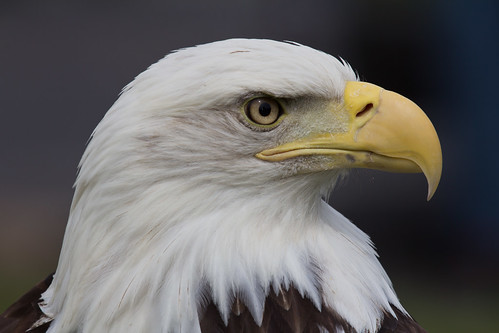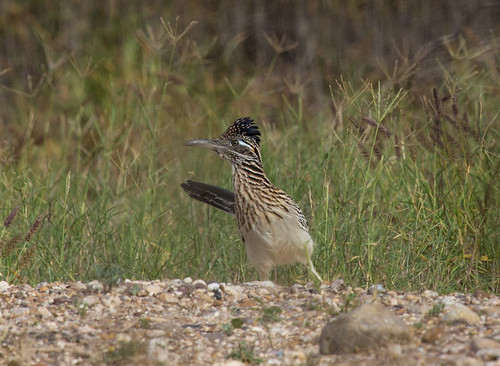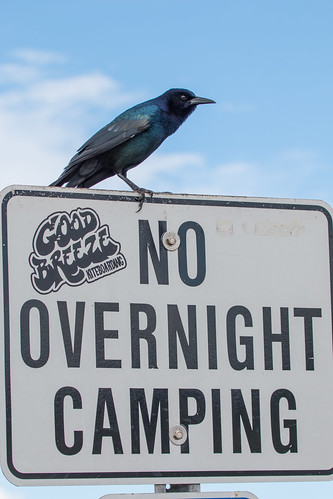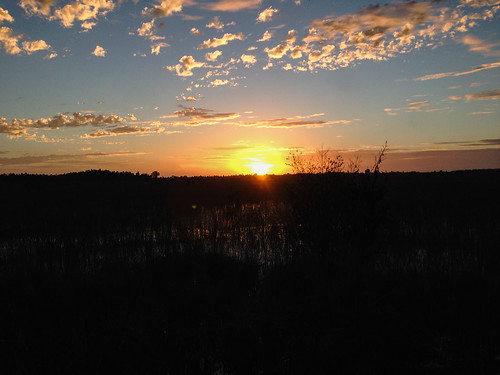
What with the contentious presidential election and the national conversations, or acrid debates, about immigration and the fundamental rights of citizenship, I’ve been thinking a lot in recent weeks about what exactly it means to be an American. Going to Cuba put the complexities into sharp relief.
As a birder, I have a different sense of national boundaries than many people do. Birds don’t worry about Border Patrol stations. The only time I ever saw a bird at one was when a roadrunner stopped right next to my car while I was waiting my turn at a Border Patrol stop just north of Las Cruces, New Mexico. I pulled out my camera and was starting to focus on it—it was the closest I’ve ever been to a roadrunner—when a Border Patrol agent came charging out, yelling and waving his arms and threatening to confiscate my camera. I hadn’t realized we liberty-loving Americans are strictly forbidden from taking bird photos at a Border Patrol station, but a lone, unarmed and non-suicidal woman is not in a position to argue about it with a fully armed, angry and emotionally unhinged agent in a desolate area with no witnesses. So I meekly apologized and he let me off with a stern warning and walked away, his chest puffed out, feeling both triumphant and magnanimous. I was left wondering what had happened to my fundamental American rights and freedoms.

Birds ignore national boundaries. The sections of wall we’ve so far built along the US-Mexican border have made a mess ecologically and not worked well thanks to people both climbing over and tunneling under. I don’t quite see a bigger wall working any better, but unless it was made of glass, like the Vikings stadium, birds' light wings could o’erperch it, for stony limits cannot hold birds out. It’s not that they don’t care about boundaries—most species spend a lot of time and energy defending their territorial boundaries. They just refuse to follow our rules.

We liberty-loving Americans boast about our freedoms. We may set aside areas like Malheur National Wildlife Refuge—a place that ostensibly belongs to all of us, paid in large part by Duck Stamp money and other hunter-generated revenue—to be managed entirely for wildlife, but law enforcement was pretty gentle when the Bundy clan took it over for a month and a half even as they stole or trashed office equipment as well as signs and fencing. No one like the Border Patrol agent I dealt with in New Mexico was anywhere to be found.
Malheur is home to 320 species of birds which are vulnerable to habitat degradation and befouled water where cattle are too numerous. And keeping this habitat in good shape benefits us human Americans, too. During hunting season in years when the water level is optimal, well over 300,000 ducks and geese spend time there. The Bundy clan was distressed that they can’t graze their huge herds of cattle for free on this land, despite the legal grazing fees being so small compared to how much they’d pay to graze their cattle on private land, and a jury of their liberty-loving peers acquitted them.
So even if we don't have the right to take a picture of a roadrunner here and there, we Americans have a long, proud history of peacefully and generously dealing with liberty-loving protestors. Well, except sometimes. Right this moment, people peacefully protesting what the Dakota Pipeline will do to the land and the drinking water they and the Dakota wildlife depend on are being dealt with much more harshly than the Bundys were during their occupation. In our freedom-loving nation, we stand up for individual liberty, especially for white men, up to the point where it collides with corporate profits.
When I was in Cuba, I observed police nipping one protest in the bud in Havana. Repressive for sure, but I don’t quite understand how that was any different from government Humvees, helicopters, and pepper spray breaking up the Standing Rock Sioux Tribe’s protest in North Dakota. Going through Immigration and Customs at the airport, coming and going, was less of a problem than going through TSA usually is, though every TSA agent on my recent flights was extremely professional and friendly. Nothing at all happened anywhere in the countryside in Cuba comparable to my trying to take a photo of that roadrunner, or the times I've tried to see a Snowy Owl or Snow Buntings near the Duluth airport. And how could I possibly square America’s ideals of liberty and justice with our national embarrassment located right there in Cuba, in Guantanamo Bay?
Fortunately, none of the birds in Cuba or the U.S. are aware of any of this. They continue to live out their lives as well as they can, moving from place to place, defending their own borders with beautiful displays and song, and when they lose a battle, they get over it and move on, never stirring up resentments and fury, never threatening to keep other birds from exercising their own rights, and never befouling whole water systems or demanding to graze their profit-generating cattle for free on land that is supposed to be managed for wildlife to benefit everyone. At times like this, I wish we humans were much more like birds.
